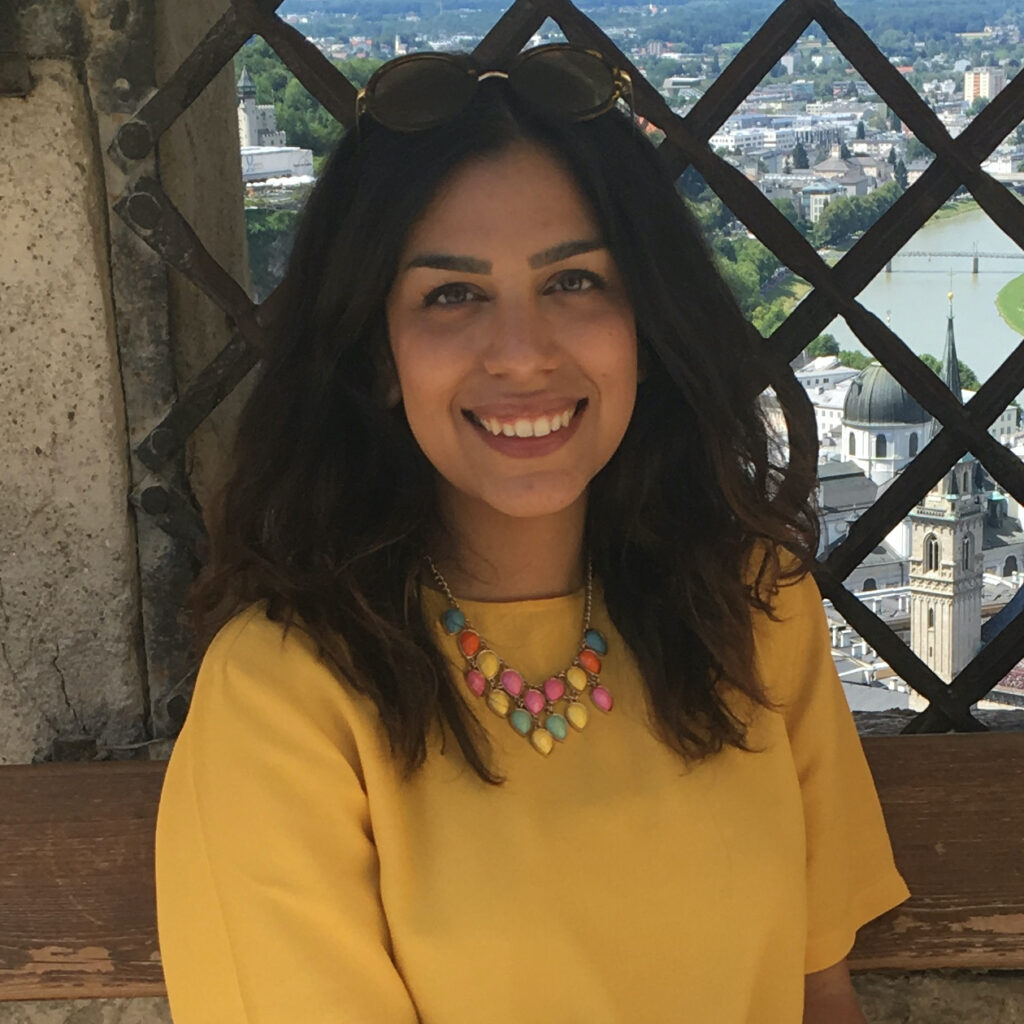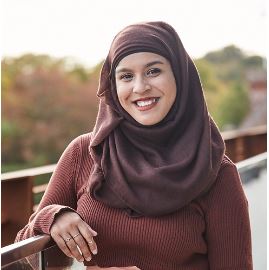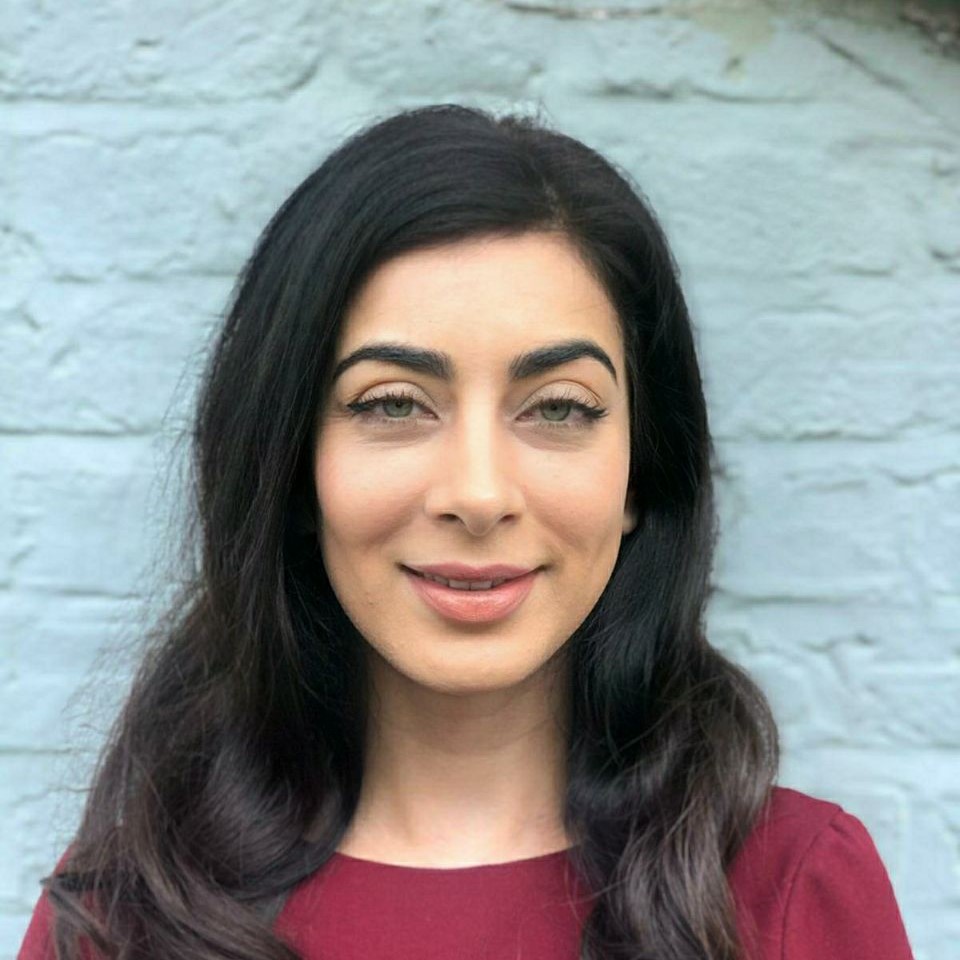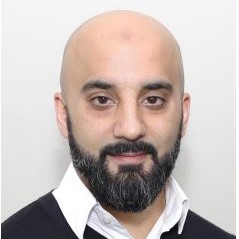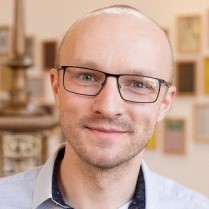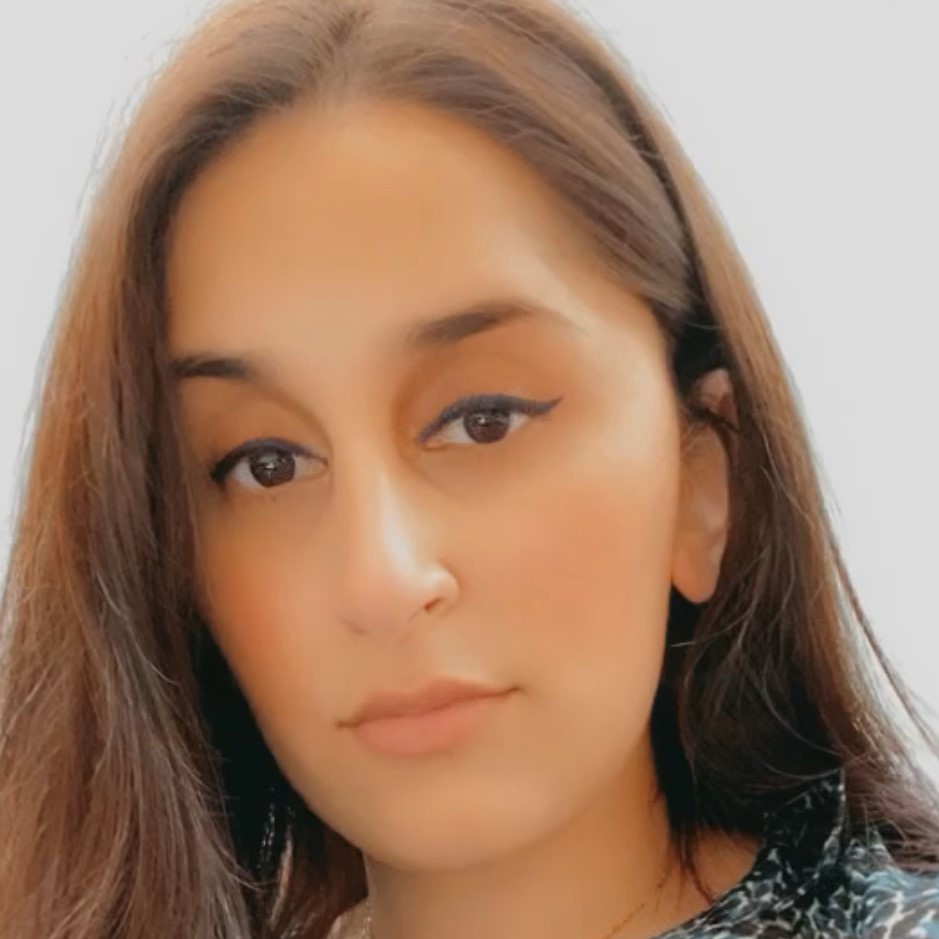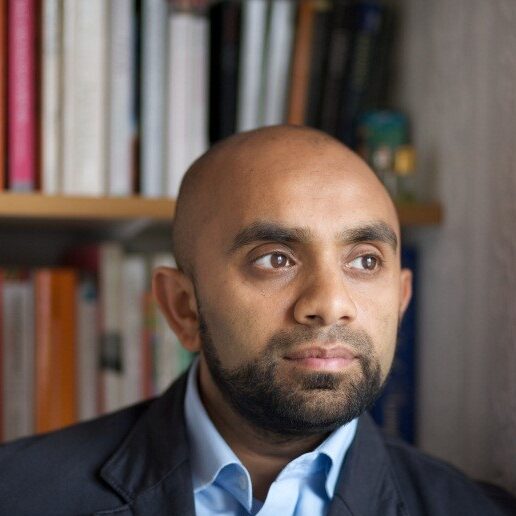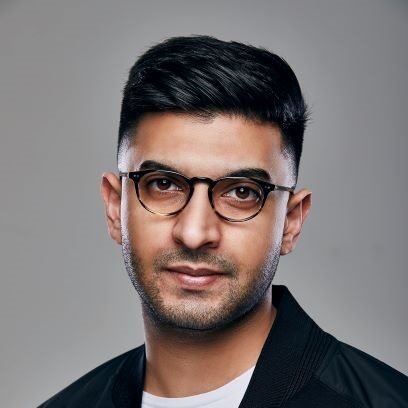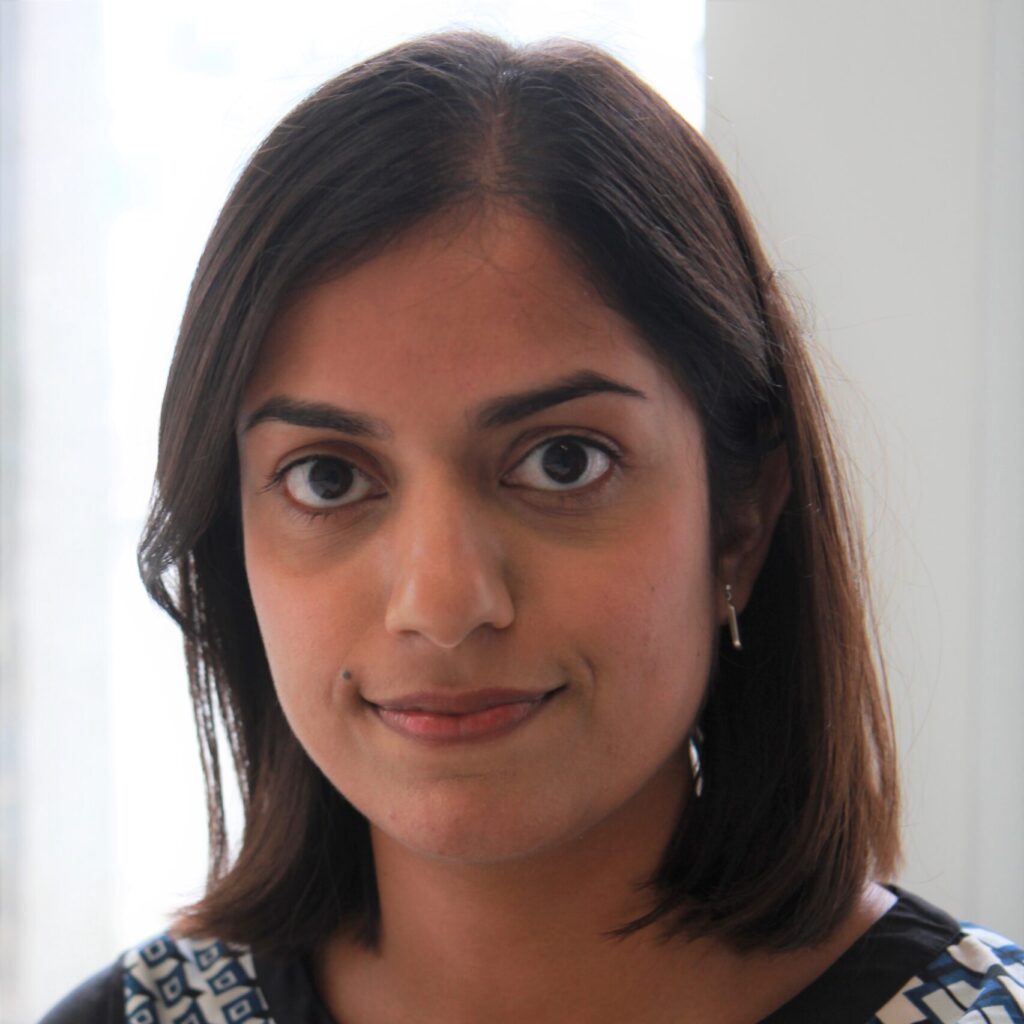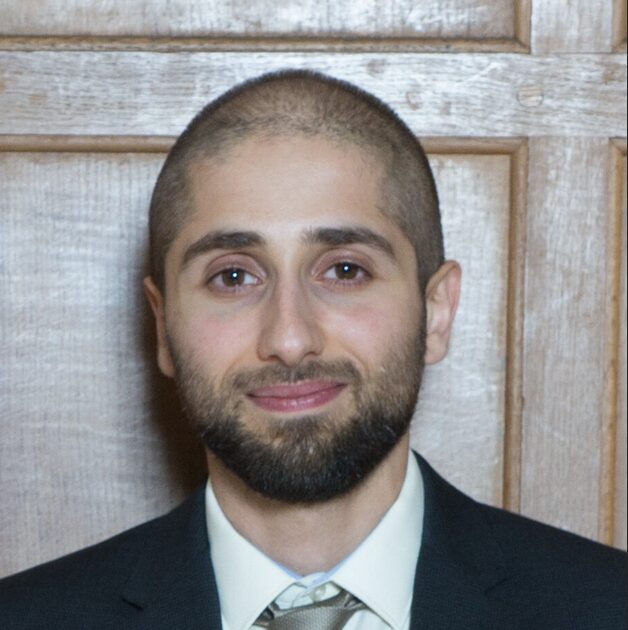OUR
MENTORS

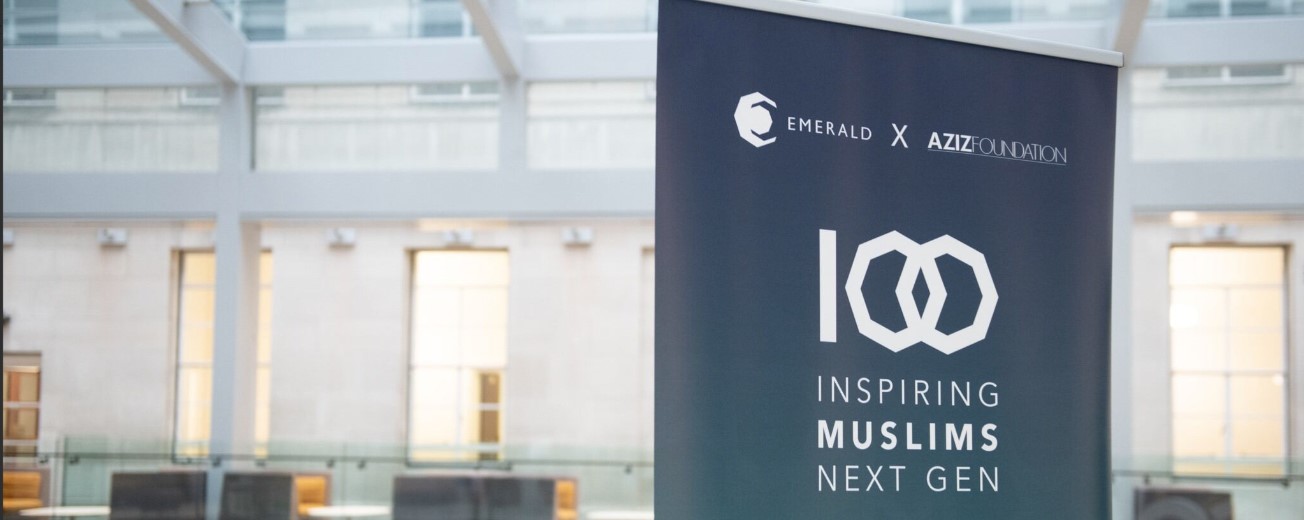
FEATURED MENTOR AND MENTEE: AYESHA AHMED AND RAKIN SAYED
WE CAUGHT UP WITH THE MENTOR AND MENTEE DUO, WHO TOLD US ABOUT THEIR EXPERIENCE OF THE MENTORING SCHEME
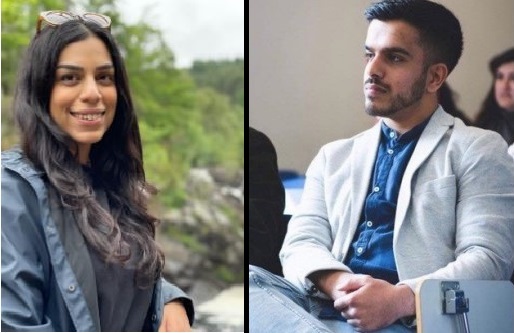
What is your current occupation and do you work on any projects or initiatives outside of this?
Ayesha: Currently Public Affairs Manager for the Association of Chartered Certified Accountants (ACCA). Outside of work I’m very active in my local Masjid, West London Islamic Centre in Ealing, where I work on youth related projects and interfaith initiatives. I also work on promoting advocacy and policy professions within the Muslim community through the work of a recently established network called MIPA (Muslims in policy & advocacy).
Rakin: Although currently a full-time student, for a great part of my degree I was working for an interfaith charity in fundraising. The charity does great work in facilitating interfaith dialogue between different communities and so it was great to be part of such a fantastic cause. In addition to this, I am working with friends on a new start-up called ‘Ummazing’ which is a muslim-friendly online market place where you can buy and sell a diverse range of creative goods such as clothing, food, art etc. It is a great platform for Muslim-friendly creatives while simultaneously giving Muslims a broader and curated choice all on one platform.
What were your expectations of this mentoring arrangement, and do you feel that they were met?
Ayesha: To be matched with someone who’s studying in a similar field or interested in my particular area of work. This arrangement was met perfectly as I really feel I’ve been able to provide Rakin with real life experiences and also, my own network of other professionals.
Rakin: I expected the mentorship programme to be a way for me to ask questions about a future career in communications and related fields but I have to say my mentor went above and beyond. She not only gave me insight into her own experience, she also facilitated conversations with people who worked in fields I was interested in. The mentorship programme greatly exceeded by expectations.
How have you benefited from this arrangement? What did you learn and has this experience affected your (professional or personal) development in any way?
Ayesha: This experience has made me realise how much I love what I do! Strategy, advocacy, communication roles – these are lacking in Muslim representation and this experience reminded me – through Rakin – how much talent we have as a community and how we need to invest beyond the traditional career paths (medicine, law etc).
Rakin: I would definitely say I have benefited from this programme because it has been such an organic way to gain insight into different fields while also being able to have a mentor that I can turn to for advice and guidance on both my degree and career. I think one of the key lessons I have taken away from the programme is not being afraid to put yourself out there and engage with people in fields and careers that interest you.
What do you think is the key to a successful mentoring arrangement? What was your approach to it?
Ayesha: Being open and setting expectations at the very start of what you can offer and how you can help was key. For Rakin and I, we started with monthly catch-up calls scheduled in advance but on top of this, he knew if there was anything urgent relating to his degree or career path he could always reach out, outside of our monthly meetings.
Rakin: I think communication is really important so that you clearly express what you hope to get out of the programme and can work towards that goal collaboratively with your mentor. I would also say trying to be consistent in communicating with your mentor so they know where you are in your journey (whether that be your studies or your career progression).
Would you recommend this experience to other professionals and scholars?
Ayesha: I would definitely recommend this experience to all other professionals and scholars. Having someone there to seek advice and gain a different perspective to your studies or career is so valuable. From a professional stand point, not only do you feel you’re making a difference in someone’s life but it also has reignited my passion for what I do and my work.
Rakin: I would absolutely recommend this programme to other professionals and scholars. You can only gain from this experience and I genuinely believe I have learned and taken so much from the mentorship programme. I cannot recommend it enough.
